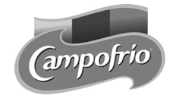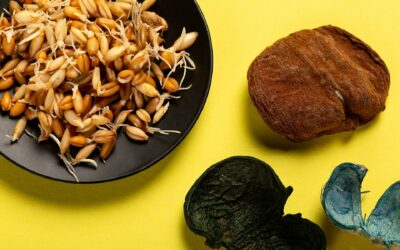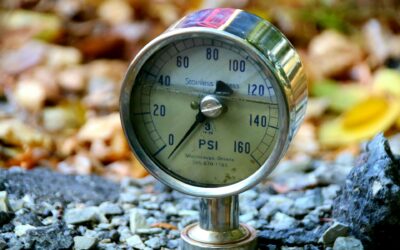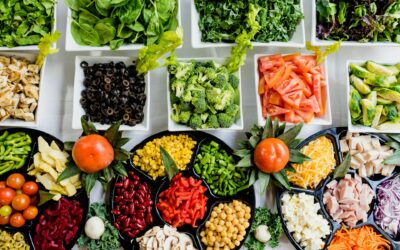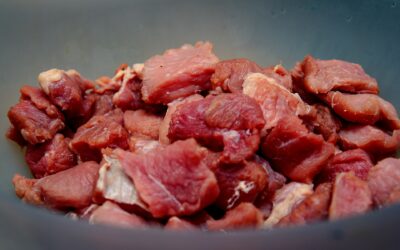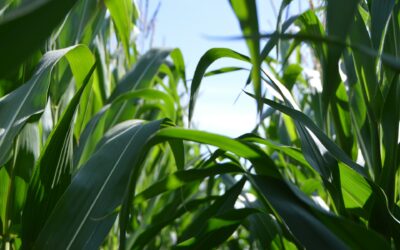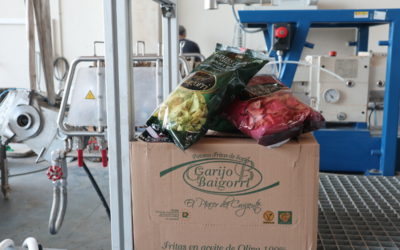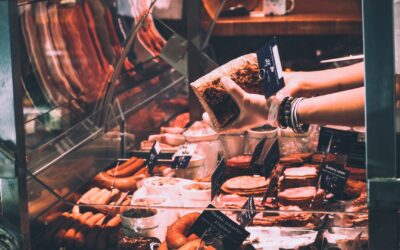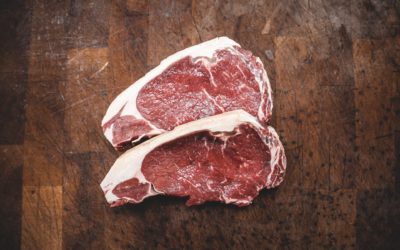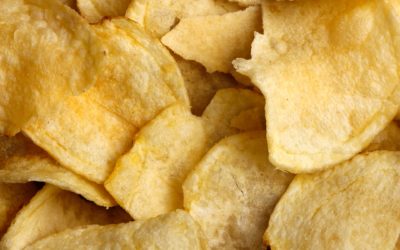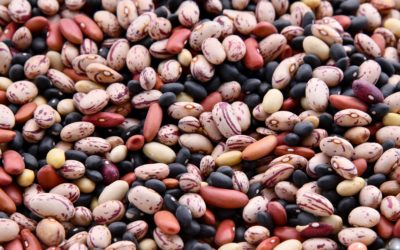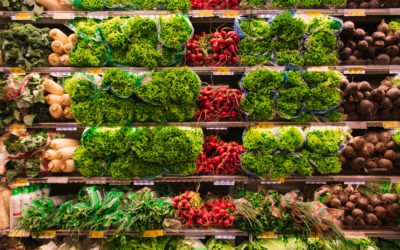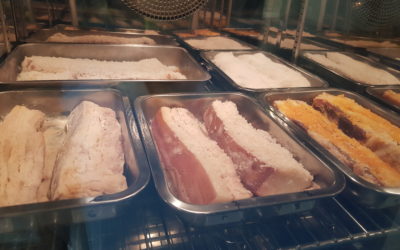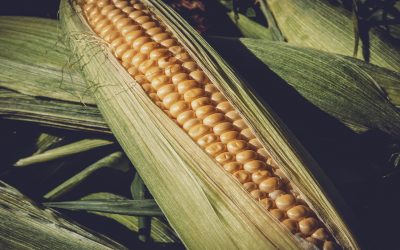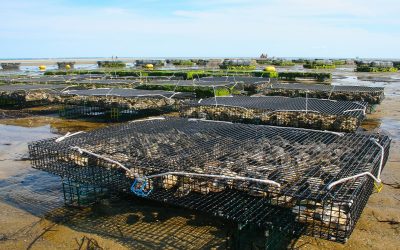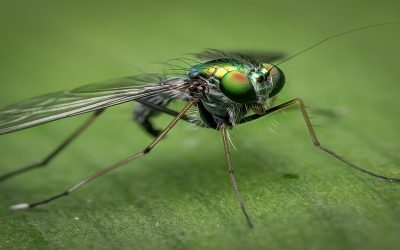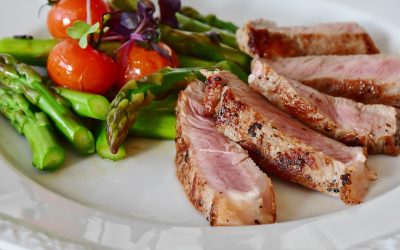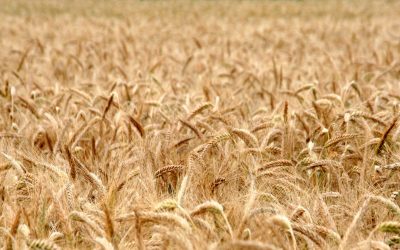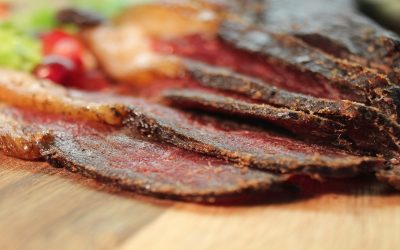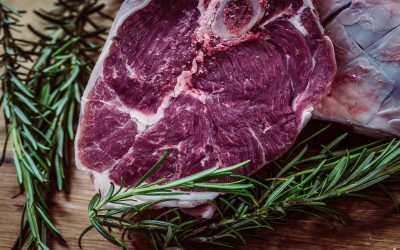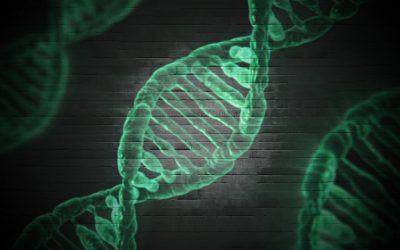CARTIF PROJECTS
CAMPOFRÍO
Obtaining a cured han with reduced sodium content
Description
Develop a cured ham with reduced salt content using different salt mixtures in the salting process.
Monitoring of the determination of cations and proteolysis index in the process of making cured hams.
Evaluation of salt content in sliced cured ham quickly and accurately in the production line using NIR technology online, with the development of external calibration and validation models.
Objectives
- Reduction of the sodium content of cured ham by partial replacement with other salts.
- Development of a measuring method for the salt contents of sliced cured ham using non-destructive near infrared spectroscopy technology (NIR).
- Application of NIR technology in the production line so that sliced cured ham samples can be catalogued according to their salt content.
Actions
- Study of three salt formulations in hams using different methodologies to study the reduction of sodium in its elaboration process (salted, post-salted and final healing).
- Obtain the calibration of the salt parameter in sliced cured ham using NIR on-line technology from the spectral information and wet values of the selected samples.
Expected results
- Study the samples of hams at four different moments of the healing process: freshly salted, 120 days after salting, 320 days after salting and at the end of healing.
- Get reduced-in salt hams without causing physicochemical or organoleptic alterations.
- Perform calibration models for the determination of the sodium parameter using on-line NIR technology on slices of cured ham.
Partners:
PROGRAMME
Subprogramme INNPACTO 2011.
IPT-2011-1123-06000
![]()
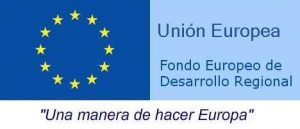
Total budget: 1.079.803,95 €
CARTIF budget: 276.758 €
Duration: 2011-2013.
Responsible
Mª Luisa Mussons
Division of Agrifood and Processes
Networking
Food projects:
PROTEIN4IMPACT
PROTEIN4IMPACT assesses the nutritional health, safety, and quality aspects, as well as the environmental and socioeconomic impacts, of novel protein foods derived from unconventional sources.
Controlled Environment and Plant Health Pilot (PAC-SAVE)
CARTIF ProjectsPAC-SAVEControlled Environment and Plant Health PilotDescriptionCARTIF's PAC-SAVE project aims to develop a Controlled Environment and Plant Health Pilot to investigate the resilience of crops and forests to climate change. Through advanced technologies...
Waste treatment for energy and material recovery in industrial processes
Increase the extractability of protein sources and other compounds of nutritional interest, naturally present in by-products generated in the transformation processes of the food industry, through the use of “green technologies” of pre-treatment such as extrusion
High-pressure processes for the generation of high value-added products
Increase the extractability of protein sources and other compounds of nutritional interest, naturally present in by-products generated in the transformation processes of the food industry, through the use of “green technologies” of pre-treatment such as extrusion
Advanced technologies for the development and characterisation of 3S food: healthy, sustainable and safe
Increase the extractability of protein sources and other compounds of nutritional interest, naturally present in by-products generated in the transformation processes of the food industry, through the use of “green technologies” of pre-treatment such as extrusion
VALORA-0
VALORA-0 is focused on the valorization of waste currents of CAMPOFRÍO FOOD GROUP.
CARNIVAL
CARNIVAL aims to generate new scientific and technological knowledge to create added value for waste and by-products from the meat sector, particularly in the sheep and pig sectors.
Study of the use of alternative protein sources from agro-industrial by-products.
Increase the extractability of protein sources and other compounds of nutritional interest, naturally present in by-products generated in the transformation processes of the food industry, through the use of “green technologies” of pre-treatment such as extrusion
GARNOVA
GARNOVA born as a response to gorwing cosumer demand for healthier snacks. Sugggests the development of a new range of innovative snacks, elaborated as of healthy, functional and with high content in essential macro and micronutrients.
CARNIQUS
CARNIQUS aims to respond to the current needs of the meat sector in terms of meticulous control of those parameters directly involved in the deterioration of its products.
NOVACARNI
NOVACARNI project aims to contribute to the production of a new meat food with a lower environmental impact, in order to promote the production of healthier and more environmentally friendly food.
MITIGACRYL
MITIGACRYL has as objective develop a quick and precise analytic method for the determination at the production line of the acrylamide levels through mid-near infrared technologies.
MEATING PLANTS
Explore new vegetable protein sources, mainly native legume species from Castilla y León region which, together with the inclusion of agri-food by-products and by means of using technologies such extrusion cooking and texturization, allow the generation of innovative and alternative-to-meat products with nutritional, functional and imporved organoleptic characteristics.
IN-PACT
IN-PACT will study the sustainable innovation and innovative practices among the agri-food supply chain in the european union, to respond to how we are in the transition trend towards a more sustainable food system.
FUSILLI
FUSILLI project focuses on supporting cities to facilitate their transition towards more sustainable food systems, in line with Food2030 priorities. Combines the expertise of 34 partners from 13 countries including cities, universities, SMEs, NGOs and industries.
COLOR
The “COLOR” project is a collaborative business initiative aimed at providing solutions to one of the most important needs of the food sector today: the reduction of acrylamide in industrially processed foods.
NUTRIBER
Application of new technologies on the development of a nutritionally improved iberian bacon. Reducing the sodium content in the formulation and limiting nitrites/nitrates.
INBEC
INBEC Project try to promote and develop a sustainable economy through innovation and business cooperation. To this end, it is proposed to use a methodology that maximizes the potential of the Bioeconomy.
GO INPULSE
The INPULSE Operating Group (GO_INPULSE) was created to strengthen the cultivation of legumes in Spain and reduce the external dependence of protein for feed through the joint work of different actors.
ALTERNFEED
ALTERNFEED aims to obtain sustainable alternatives to the use of fishmeal and fish oil or Krill in the manufacture of aquaculture feed giving added value to several alternative ingredients at the same time, in order to take advantage of the characteristics of each and its synergies.
GO INSECT
GO_INSECT investigate the possibilities of insects as a source of alternative and sustainable protein for food and identify the necessary requirements that ensure the technical-economic viability of projects related to industrial breeding of insects
PRIMICIA
The progress of studies in this area, will allow to specify diets based on the specific requirements of each person and will allow to determine a personalized nutrition for populations with common characteristics, particular groups and individuals
PROALI
The PROALI Project develop the application of new technologies for food development, searching for opportunities in new matrices that can be used for the formulation of flours aimed at groups of young people, focusing on gluten-free raw materials.
CRUCAMI
The CRUCAMI project develops and formulates new snacks and meat products cooked from beef jerky.
The objective is the launch of new snacks and cooked meat products pastrami type from cecina.
CIEN PROGRESO
The CIEN PROGRESO Project develop innovative solutions for protein processing and its application in new food products adapted to population groups with specific needs.
INNOLIVO
INNOLIVO uses new technologies and processes for the development of innovative olivar products intended for new international markets of high added value
DINAMO
The DINAMO project is responsible for the development and validation of nanocapsule and nanostructure production technologies of active molecules with functional properties for food use.
